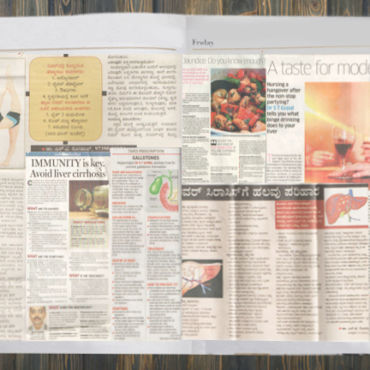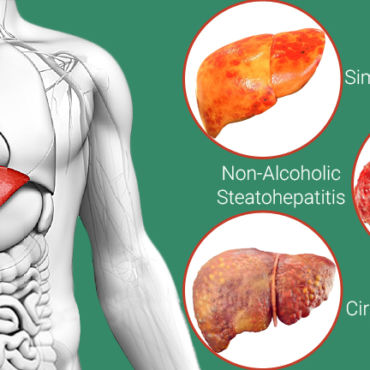A Sports person, home maker, working in office, student or any other area in life, you need a steady energy to excel. Different foods have differing response within the body to affect your energy levels. Right foods can fuel your body to help to maintain your energy levels throughout the day. A healthy, balanced diet helps to keep your blood sugar levels stable and keep tiredness at bay.
Here are some tips to maintain your energy:
Always have breakfast
Overnight your body is in a state of fasting, which leaves your brain depleted of its main energy source glucose .Kickstart your metabolism in the morning with a slow-releasing carbohydrate breakfast like cereals/musseli. This will slowly release glucose into your body, keeping you fuller for longer without causing a spike in your energy levels.
Avoid skipping meals
We are creatures of habit and by eating three meals a day, your body can learn to manage feelings of hunger. Dont wait until hunger fills your mind completely. Having timely meals helps to sustain your energy levels by keeping blood sugar levels within a healthy range. It could also lead to better portion control at meal times by preventing you from over eating and help you to make healthier choices.
5 portions of fruit-a-day
Fruit and vegetables are packed full of vitamins, minerals, antioxidants and fibre – all of which are essential for your body to function the way it should. Fibre may also help keep you feeling fuller for longer. This means you might snack less in between meals.
On average, a portion of fruit or veg is equivalent to 80g. Below are some examples of what counts as one portion:
1 apple, banana, pear, orange or other similar sized fruit
2 plums, satsumas, kiwi fruit or other similar sized fruit
1⁄2 a grapefruit or avocado
1 large slice of melon or fresh pineapple
3 heaped tablespoons of vegetables, beans or pulses
3 heaped tablespoons of fruit salad or stewed fruit
1 heaped tablespoon of raisins or sultanas
3 dried apricots
1 cupful of grapes, cherries or berries
1 dessert bowl of salad
1 small glass (150ml) of pure fruit juice
Make sure you get enough iron
Iron is an essential mineral and one of the main components in red blood cells. It transports oxygen around your body, so getting the right amount through your diet is important. Eating foods rich in iron can help to prevent iron deficiency anaemia and its associated symptoms, which include feeling tired and weak. Foods like red meat and beans, leafy green vegetables and fortified foods such as high fibre breakfast cereals are all high in iron. So try to make sure you get enough of these into your diet.
More water, less alcohol
Alcohol increases the amount of urine your body produces. It can leave you dehydrated if you drink too much of it. Drinking six to eight glasses of water a day should be enough to keep you hydrated. But you may need more if you’re doing regular exercise or if it’s hot outside. Take a look at our alcohol and liver disease for more information on this.
Watch out for added sugar
Sugary food and drinks cause a spike in your blood sugar which can then lead to a drop shortly afterwards. This rollercoaster effect plays havoc on your energy levels and leads to more cravings of sugary foods to keep you going throughout the day. These sugary foods are converted into glucose and fructose in the body and any excess that isn’t used up as energy may be stored as fat. This isn’t great if you want to keep to a steady weight. If you need something to keep you going, snack on foods low in refined sugar.
Eat foods rich in B vitamins, zinc and magnesium
These vitamins and minerals are essential for energy functions in the body. You need B vitamins such as thiamine, niacin and riboflavin are to help break down energy from the foods you eat. They also help to maintain muscle tissue and keep skin and eyes healthy. Make sure you eat a variety of different foods to maintain optimum levels of these vitamins and minerals. Include lean meats and fish, wholegrains, yeast extract(dosa, idli etc) lentils, sprouted grams, milk, eggs and unsalted nuts in your diet where you can.
Tip: Don’t forget that it’s also important to keep moving. At least a 30-minute brisk walk, five times a week alongside getting enough sleep and drinking enough water should help you to avoid those energy slumps.




Add Comment